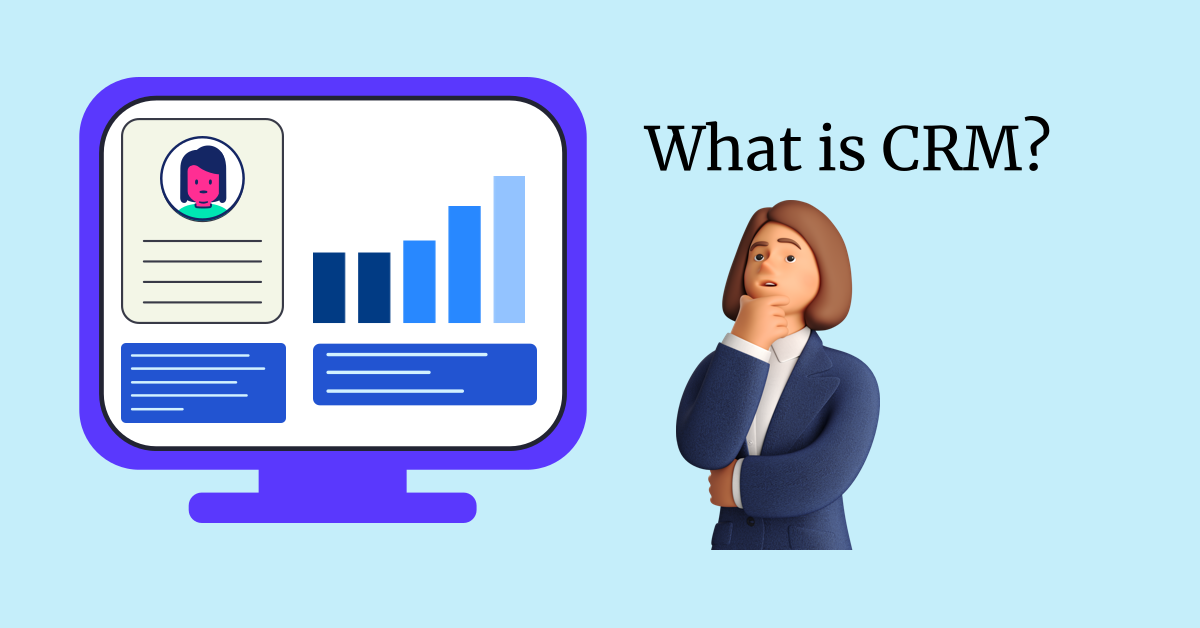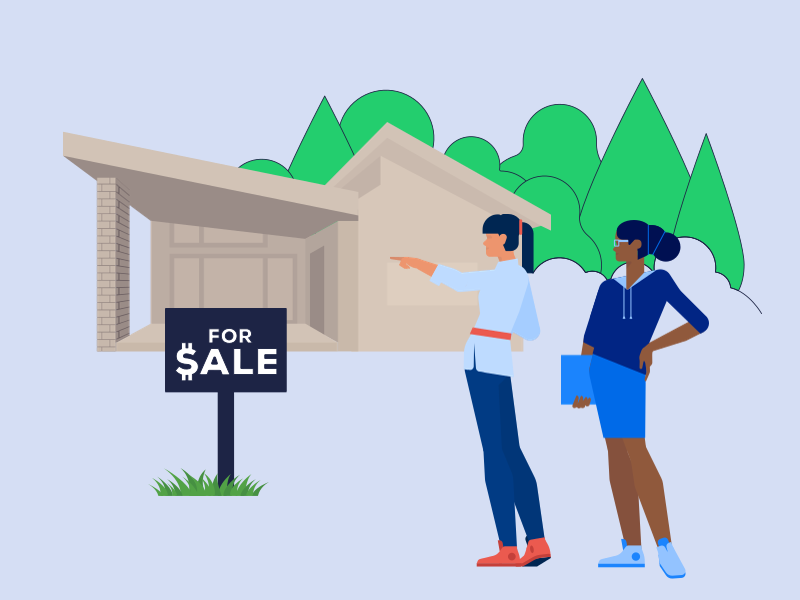Why Real Estate Agents Need a CRM to Close More Deals

Customer relationship management (CRM) is software and processes used to manage relationships with customers and future buyers. It puts customer data at the center of your business so that you can understand customer interactions, sales, and loyalty. The result is a company that knows its customers well and optimizes the customer experience across all channels.
Nowadays, people buy or do business with companies they like and trust. If you’ve bought anything online, you’re most likely to check the reviews and compare prices from other places before buying anything.
The same thing applies to real estate agents. According to a survey conducted by the National Associations of Realtors (NAR) in 2020, 68% of sellers who used a real estate agent found their agents through a referral by friends or family, and 53% used the agent they previously worked with to buy or sell a home.
If you want to get more referrals from past clients, use CRM to help keep your customer records organized so that you or anyone in your organization can stay in touch with previous clients and build long-term relationships.
What is Customer Relationship Management (CRM)?
A customer relationship management (CRM) system is software used to track and manage customer and future buyers’ information. These systems are used by all sorts of companies, from retailers to healthcare providers.
A CRM system allows you to track customer data like names, email addresses, phone numbers, purchase history, and more. You can use that information to see how customers interact with you across multiple channels, like email, text, social media, or your website.
What Does a CRM System Do for Real Estate Agents?
A CRM system can help you understand and manage a lot of your interactions and communications with customers or future buyers.
For example, you can use the data in your CRM system to:
- Find potential buyers
You can see when and how people interact with your website, digital business card, or MLS, so you know who to reach out to next time they’re looking for a real estate agent. You can send them personalized messages based on what you know about them.
2. Keep track of deals that aren’t closed yet
You’ll be able to see whether someone has viewed your listing online and is “ghosting” you (suddenly, never return your call or text). You’ll also be able to track any deal that isn’t closed yet, so you’ll know when and how to reach out again if it falls through.
3. Manage your leads and referrals better
If one of your clients refers someone, you’ll be able to keep track of that lead in one place—and follow up with them accordingly whenever they’re ready to buy or sell a home. This way, you don’t have to worry about missing a sale because of poor communication between departments or individuals within the organization.
How Can a CRM Benefit Your Real Estate Business?
A good CRM system saves you time by automating some customer interactions and allows everyone in the organization to access the same information.
A CRM system also helps create better customer experiences. You’ll be able to provide personalized content and stay connected with customers even after the customers buy a house.
For example, you can share tips on lowering property tax, send a maintenance checklist around the house to prepare for winter, or send a list of off-market properties to your investors group only. Sending a personalized email to a specific contact group in your CRM can help you keep in touch with your customers and grow your customer real estate business through repeat buyers or referrals.

How Does CRM Help You Sell More Houses?
Real estate agents are most likely already using an MLS system where they can access a list of properties. MLS system focus on lead generation. When a future buyer lands on your MLS website, you’ll ask them to sign up for an account before giving them full access to the database. The MLS system is excellent at filtering and narrowing down the search criteria based on features, such as the number of bedrooms in the house, the land size, or the school’s quality in that area.
What’s missing from the MLS? MLS can’t capture the emotional aspect or explain the benefit of that feature to the buyer.
Imagine your client is looking for a house in a good school district (feature). Why is it? In their heart, your client actually wants a promising future for their children (benefit).
A CRM can help you remember those internal desires of each customer that you can later use in your communication, such as email, text, or phone conversation. A personalized message to each customer increases customer engagement and makes it easier to get more sales.
Remember, people buy from someone they trust and like.
Conclusion
A happy customer experience leads to more sales.
A good CRM can help you improve yours in many ways. Use it to:
- track your customer interactions
- drive more sales with personalization
- provide exceptional customer service
Building an efficient CRM and taking full advantage of it is the secret to closing more real estate deals.
Pss… one more thing.
Need help building the perfect CRM for your needs? I can help. Schedule a free consult with me.
